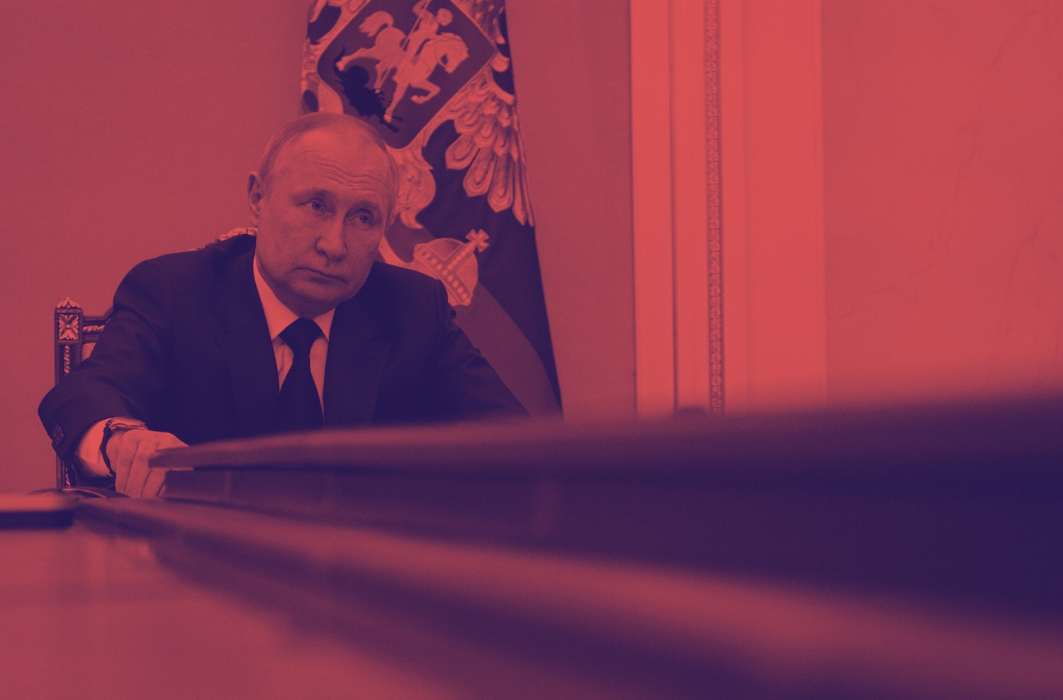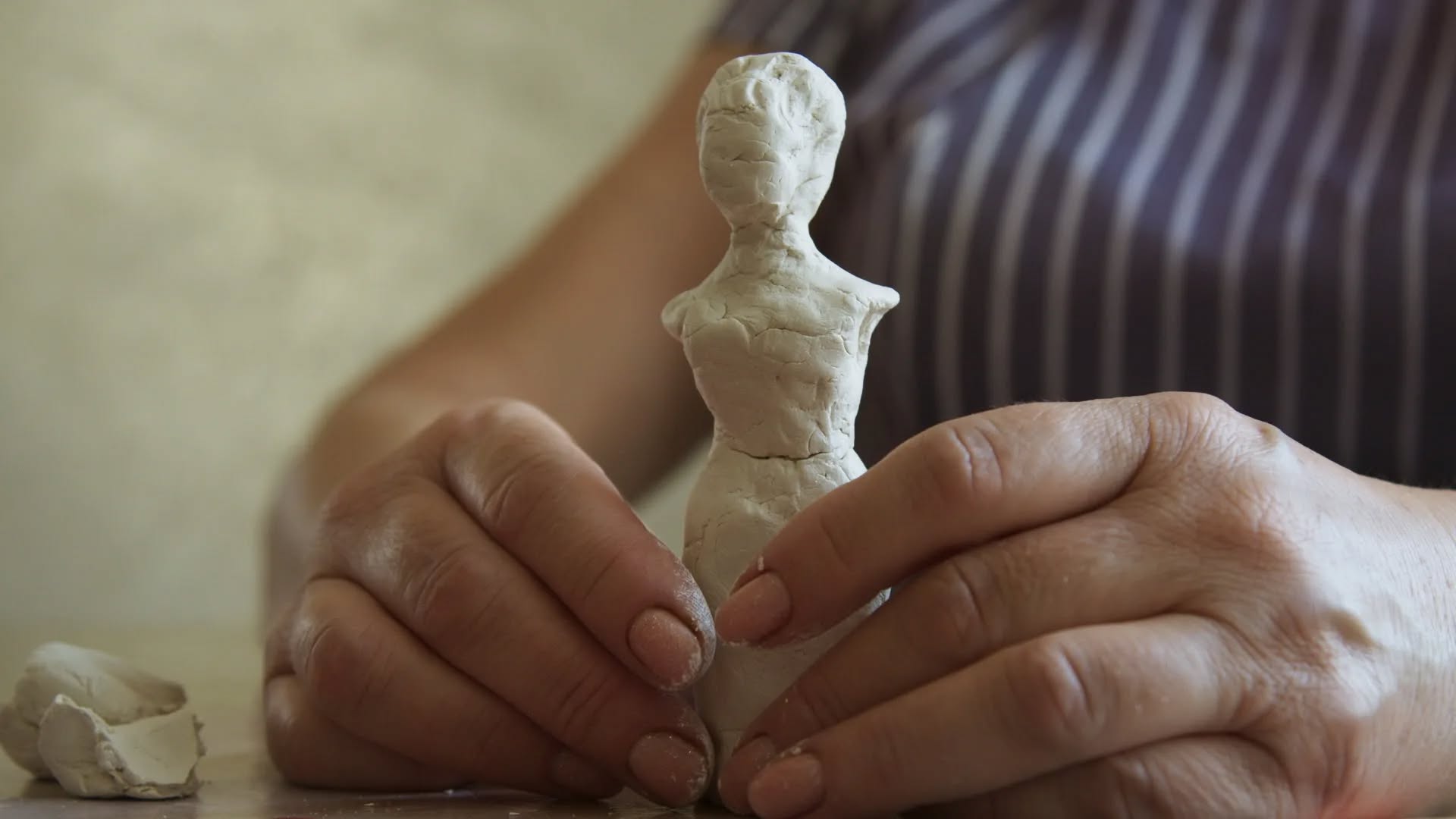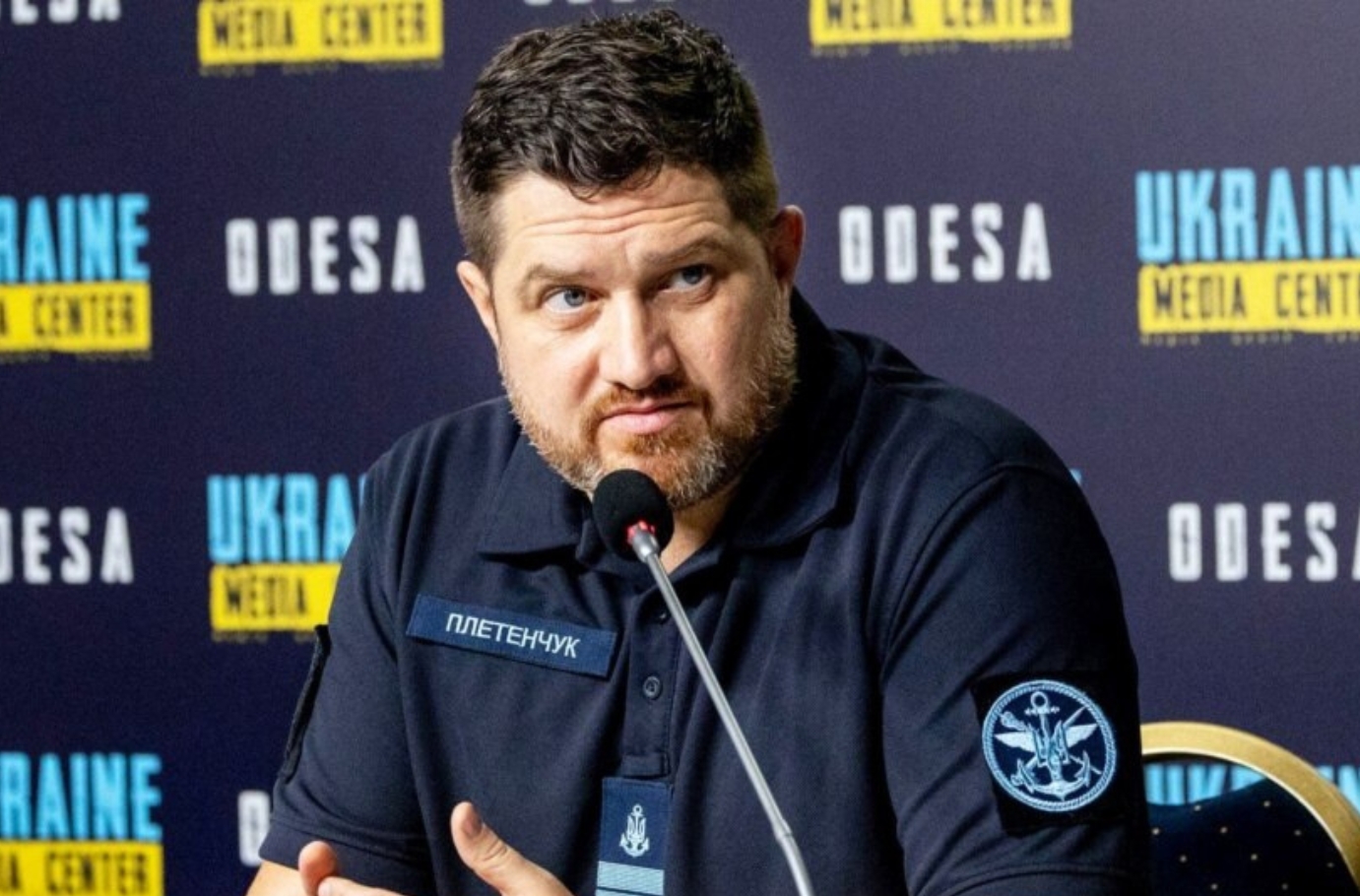By Sergey Medvedev specially for Wyborcza.pl
I am convinced: the world must call things by their proper names — Putin’s Russia today is an evil that must be destroyed; the war in Ukraine is our war as well. What we see on television and in the news — Bucha, Mariupol, the atrocities committed and still being committed — is not accidental. It is the logical continuation of a long trend: Russian imperialism fused with militarism and the idea of a great, “right” state. The history of that state is a history of repression and exploitation — of its own people and of its neighbors.
At the same time, we must not ignore that another Russia has always existed. There have been people who resisted tyranny: Kurbsky against Ivan the Terrible, Navalny against Putin — examples of very different forms of opposition. But let’s be honest: when people talk about the “real” Russia versus the “fake” Russia, they oversimplify. The Russia that rules today — the one that has power and resources — is not some inauthentic variant; it is the one that predominates and determines the country’s fate. It has territory, an army, nuclear weapons, an economy — and backing from a large portion of the population. The tragedy is that the two natures — the imperial and the freedom-loving — have always coexisted in Russia, often within the same person. In Pushkin you can find both the imperial impulse and the voice of freedom; in Solzhenitsyn the exposure of the Gulag sits beside ideas that later fed imperial thinking. This duality is part of Russian culture and consciousness; I try to recognize these tendencies in myself and fight them, to look at the world not just through the eyes of a “great” nation but more broadly.
Most people in Russia today choose conformity. It is easier to accept the official version of events — living critically in a system where dissent can lead to prison is a nightmare. But this conformism is not uniquely Russian; similar tendencies exist elsewhere. Still, in Russia the institutions that could organize mass resistance have been destroyed: there are no strong independent unions, no church or movement like Poland’s Solidarity to rally people. Propaganda has worked; people are malleable and in the majority will accept whatever the Kremlin hands them — even nuclear rhetoric — if it’s endorsed on state television.
The West long romanticized Russia — Tolstoy, Chekhov, great culture — and many preferred to look away from the state’s horrors, preferring instead to recall what they learned at school. I am not in favor of boycotting culture as such, but I insist on sober assessment: one cannot ignore that Russian culture has deeply imperial roots, and that some cultural currents can feed aggression. The example of Germany in the twentieth century is a warning: great culture does not prevent moral collapse or make the birth of fascism impossible. We need a serious reflection on how literature and culture intertwine with politics.
Europe’s understanding of Russia is uneven. Poland, the Baltic states and Finland — because of their historical experience — understand the risks far better. But in countries like Spain, Italy and France, a romantic view persists and people remain willing to close their eyes. That attitude is dangerous. Politics is the art of the possible; I speak of the art of the desirable. I would like Europe to recognize that Russia has effectively declared war and that the eastern flank of NATO is at risk. The alliance’s initial responses to recent incidents have been too cautious; that delicacy gives Putin an advantage.
I believe in firm measures: a no-fly zone over Ukraine, declared security zones, constant NATO air patrols, explicit authority to shoot down any drones or aircraft that violate member states’ airspace. Putin understands the language of force. He does not need a provocation to act — if he has the capability, he will go further simply because he can. This — the logic of “because he can” — is terrifying and central to understanding his motives.
The West, however, still tends to play by conventional escalation rules, assuming there are boundaries that must not be crossed. Putin uses his own escalation menu and will pick options regardless of Western restraint. The more weakness the West shows, the further he will go. Strength can only be met with strength; attack only with attack. This includes hybrid tools: sabotage of infrastructure, disruption of railroads and airports, weaponizing migrants, as Lukashenko has done. I do not wish to frighten without cause, but Russia has not yet used chemical or biological weapons; Putin’s capabilities to make life intolerable in the West are vast.
Political will is the decisive factor. This is not primarily a question of resources or military means, but of determination — a quality I do not see enough of. Some leaders and states are reluctant to admit that they are at war. Putin is fighting you; you are not fighting him — and that gives him the upper hand.
Leaders like Donald Trump share responsibility. Their rhetoric and policy give Putin free rein; both undermine the international order. For Putin, destroying liberal institutions is a life goal; for Trump, the ideology of dismantling the liberal order — the UN, the European project, environmental commitments — is part of his program. They both serve chaos.
I say this not to sow panic but to insist on clarity. I often draw comparisons to the late 1930s — to 1937 or 1938 — when decisions were made in the hope that concessions would appease an aggressor. History proved the opposite. Until the Putin regime falls or is removed, there will be no lasting peace. That is a hard truth many European leaders cannot accept. A few, like Andrius Kubilius, speak plainly about it; most fear escalation, diplomatic rupture, and nuclear blackmail. Yet Russia can strike without a clear pretext — it does not require provocation. It will strike when it chooses.
Therefore, I argue: the West must set a larger goal — not only to end the war in Ukraine, but to dismantle the Putin regime as the source of aggression. This is a grim objective and Europe is not in golden times: internal populism, the rise of extreme parties, upcoming elections across the continent — all this weakens the will to mobilize. Convincing voters to invest in defense, protect international institutions, uphold human rights, act on climate, and stand with Ukraine is getting harder. I fear we are repeating the errors of the 1930s.
I do not want to frighten for the sake of it. I only point out the threats I see. I hope key elections will mobilize democratic forces rather than fragment them. Personally, I think the world needs a moment like Tehran in 1943 — a meeting of the leaders of the free world who will plainly declare: Putin’s Russia is an evil that must be destroyed, and the war in Ukraine is also our war. This is not merely a slogan; it must become a strategic guide for forming the policies capable of stopping and reversing the tragedy unfolding before us.





















